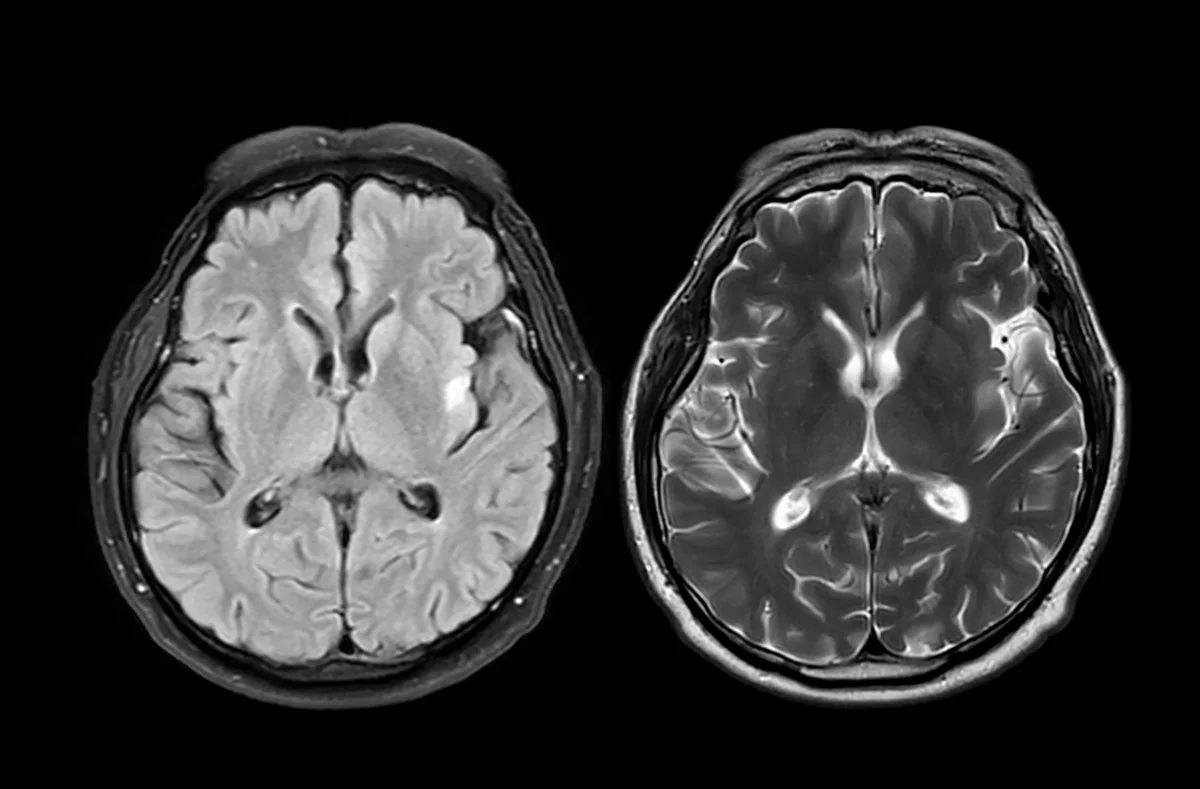Copyright scientificamerican

This video is part of “Innovations In: RSV," an editorially independent special report that was produced with financial support from MSD, Sanofi and AstraZeneca. Zachary Rubin: Has the pandemic aged your brain? A new study suggests the answer might be yes, even if you never got sick with COVID-19. On supporting science journalism If you're enjoying this article, consider supporting our award-winning journalism by subscribing. By purchasing a subscription you are helping to ensure the future of impactful stories about the discoveries and ideas shaping our world today. Researchers in the U.K. analyzed brain scans from nearly 1,000 healthy adults before and during the COVID-19 pandemic. What they found was surprising: people living through the pandemic showed signs of accelerated brain aging. Their brains appeared about five and a half months older than expected when compared to prepandemic trends. That’s right, just living through the stress and disruption of the pandemic may have left a subtle, measurable imprint on your brain. So how did they figure this out? The scientists used data from the U.K. Biobank, a massive health database that includes brain imaging from tens of thousands of participants. They trained a machine-learning model to estimate “brain age” based on hundreds of structural features seen in MRI scans. Then they compared two groups: people who had both scans before the pandemic and those who had one scan before and one during the pandemic. The result? Brain aging accelerated in the pandemic group, even among people who didn’t get COVID-19. Now here’s a twist: while the structure of the brain appeared older, cognitive function—things like processing speed and problem-solving—didn’t necessarily decline in people who avoided infection. The structural changes didn’t always mean someone felt or performed worse, at least not right away. So what’s causing this? The researchers propose two possibilities. First, actual infection with COVID-19 can cause lasting effects on the brain. That’s already been shown in previous studies. But the second possibility is broader and maybe more troubling: the pandemic environment itself may have triggered the change. Think about it: social isolation, chronic stress, loss of loved ones—all of that may contribute to brain changes over time. The good news? You can take steps to support your brain health today. Stay physically active. Keep your brain stimulated. Prioritize sleep, good nutrition and social connection. And yes, get vaccinated and stay protected. COVID-19 infections, especially repeat ones, are still associated with long-term cognitive effects. Your brain has been through a lot, so treat it kindly.



